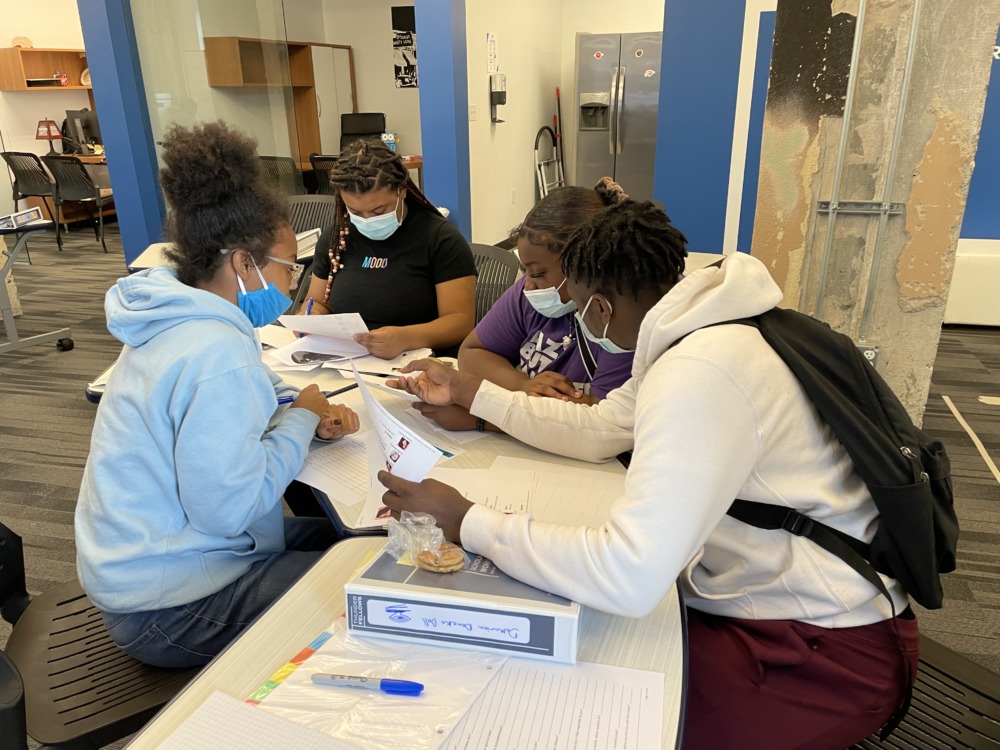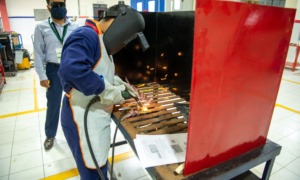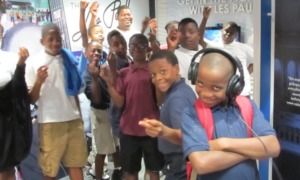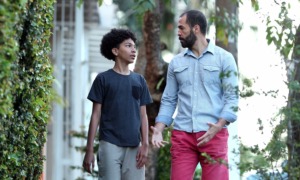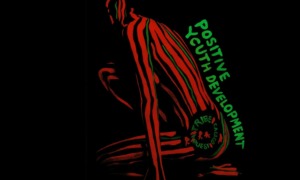One by one, the teens typed out a hidden message they had deciphered using their cipher wheel.
“We will make great lines of poetry,” read one line decoded by the students, all Black high school freshmen or sophomores from across northeast Oklahoma.
 The students, known as Thunder Fellows, are part of the inaugural class of an afterschool program founded in the wake of the racial justice movement of 2020 with the intention of teaching data and analytics to Black youth.
The students, known as Thunder Fellows, are part of the inaugural class of an afterschool program founded in the wake of the racial justice movement of 2020 with the intention of teaching data and analytics to Black youth.
The 30-week curriculum is the product of a partnership between the Oklahoma City Thunder basketball team and Creative Artists Agency, an international talent agency, said Cedric Ikpo, the program’s executive director, who previously worked on corporate social responsibility initiatives for a decade with the NBA, WNBA and G League.
“We’ve been very intentional about exposing them to different facets of how data and analytics come to life across different industries, particularly the sports, entertainment and tech industries,” Ikpo said. He added that the program had brought in experts from Google, HBO, Wilson Sporting Goods and other companies to teach students.
Luke Savage, a sophomore, said a recent class discussion about applying to college had opened his eyes.
“I really was just, like, ‘Oh, college is expensive,’ and I didn’t really know too much about it,” he said. “But they taught us how to navigate college websites. I felt like that was a pretty important thing that I’d be able to utilize in the pretty near future.”
Savage said he has also learned about networking and business techniques.
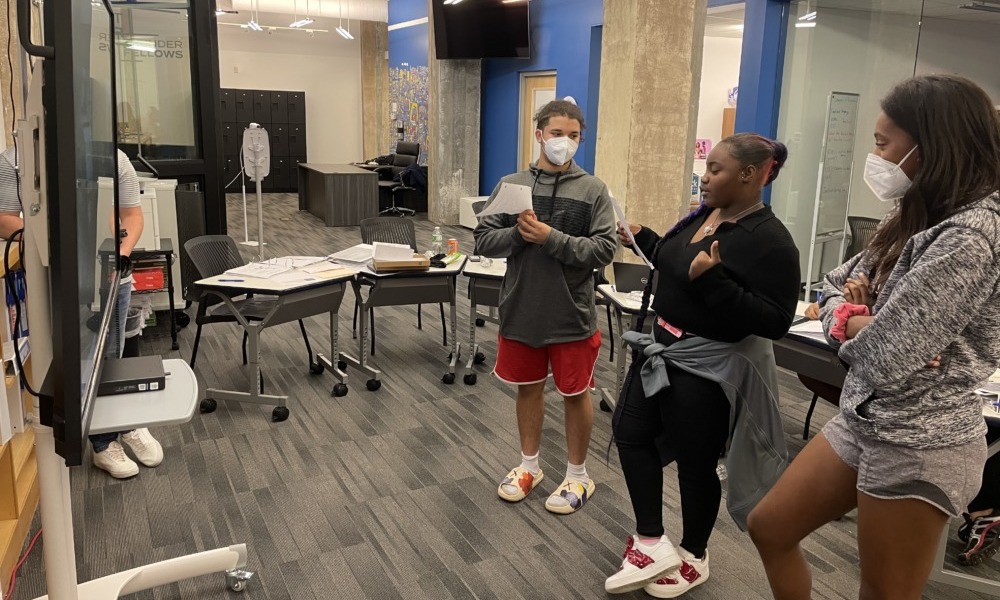
Thunder Fellows
Thunder Fellows students talk about their latest project in front of a smart board.
“They’re telling us how to move up the social ladder when it comes to business contacts and pitches and stuff like that,” said Savage, who hopes to have his own marketing firm one day.
While the recent surge in coronavirus cases has forced the program to go remote, it was designed to operate in the historic Greenwood District of Tulsa, a thriving commercial hub of the Black community before it was leveled in the 1921 Tulsa Race Massacre.
Ikpo said a confluence of the massacre’s centennial and the protests in the wake of Georgia Floyd’s murder in 2020 inspired Sam Presti, general manager of the Oklahoma City Thunder, and his childhood friend, Mike Johnson, an executive of CAA, to found Thunder Fellows.
“They had a pretty in-depth conversation around how they can leverage each other’s respective brands and organizations to come together and create a sustainable program to enact change in this community,” Ikpo said. He said Tulsa was selected over the team’s home, Oklahoma City, due to the historic significance of Greenwood.
“I think people are starting to understand the generational impact that it’s had on the descendants and the survivors,” Ikpo said of the 1921 massacre.
According to data released by the City of Tulsa Equality Indicators report, people of color are less likely than white people to be employed in higher paying occupations and the median household income for white Tulsa households is nearly twice that of African American households. The report cited the region’s history of violent oppression, including the massacre, as well as racist policies such as redlining, which prevented many Black families from buying homes and building wealth.
For Chameka Anderson, a high school sophomore, the weight of the city’s history was especially poignant during a birthday celebration the fellows participated in for Lessie Benningfield Randle, known as Mother Randle, one of the last known survivors of the Tulsa Race Massacre.
“It was kind of monumental,” Anderson said.


